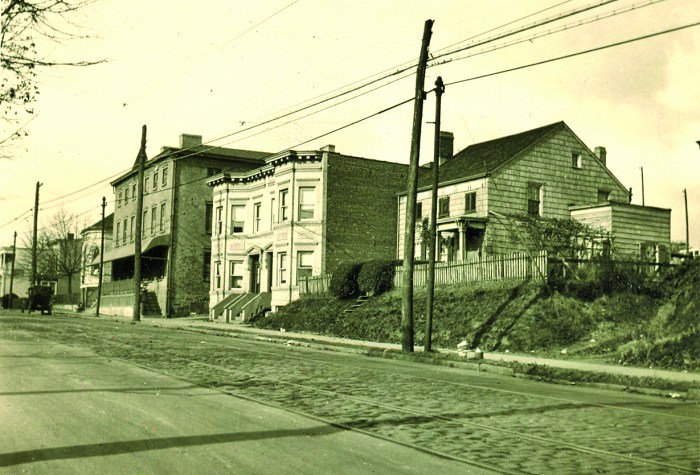
For teens in the juvenile justice system, developing outlets of expression and creativity is an essential part in finding their way back home. New York City’s Administration for Children’s Services and Carnegie Hall are doing what they can to accelerate that process.
On Friday, youth between the ages of 13 and 17 from Passages Academy’s Belmont and Bronx Hope schools performed original music they composed with Carnegie Hall’s Future Music Project for their family and friends.
The students are part of ACS’ Close to Home program, which enables teens in the justice system to live in group facilities near their homes. They were able to take part in songwriting workshops to learn how to produce and release music with lyrics related to their homes, families, culture and ancestry and will continue working on music in the spring.
For 25-year-old Parris Lewis, who teaches Future Music Project students at Bronx Hope, the collaboration with Carnegie Hall has been a blessing.
“We come in every week with a fresh attitude to write songs, whether we’re working on something we originally started before or we want to work on a new composition or a new idea,” she said. “It’s always just an adventure because you never know what they’re going to bring to the table or what their response is going to be. … With these students, this is a time in their day where they’re able to flesh out whatever they might be feeling.”
The performances consisted of original songs the teens wrote alongside Carnegie Hall artists Orson Benjamin, Okai, Aynsley Powell, Frankie Leroux, Bridget Barkan, Zephyr Doles and Lewis. Instrumentals were provided by the Brooklyn-based band Brown Rice Family.
The students emotionally sang and rapped about family, incarceration, loss and frustration. One student even surprised guests with beatboxing, a skill he kept hidden from his peers until the show. Those currently in secure detention were unable to perform their songs, but recordings were played for the guests.
Cydney Gray, 31, assistant director of youth programs with Carnegie Hall, expressed nothing but admiration for the students, describing the children as “wonderful humans.”
“I think that we have such a cool opportunity to be with young people who get to make music and they have such great ideas,” she said. “It’s about having a space for young people where they can just be themselves. There’s not a lot of places like that, especially to make music in New York. It’s very interesting.”
All of the music created by the students was professionally recorded and is available on the music streaming site SoundCloud. Students also received a CD of their work and a T-shirt.
“These types of programs within the judicial system give students an opportunity to experience things they may not have experienced, but also help them get to know themselves better,” Lewis said.

























